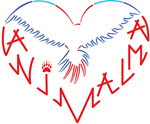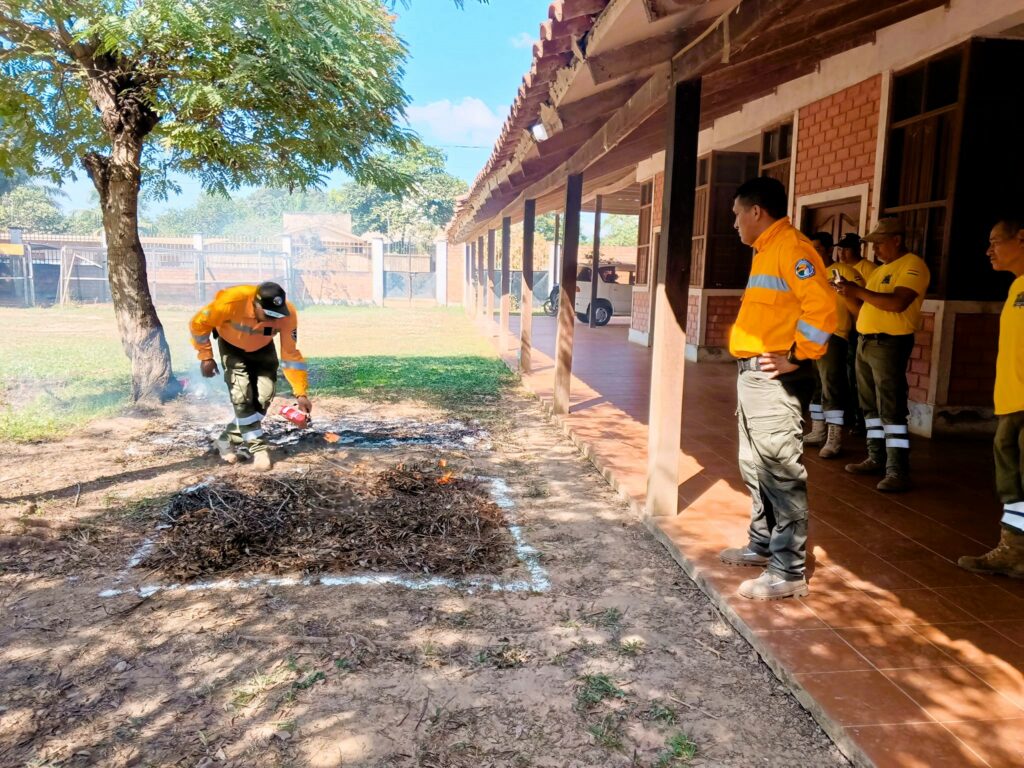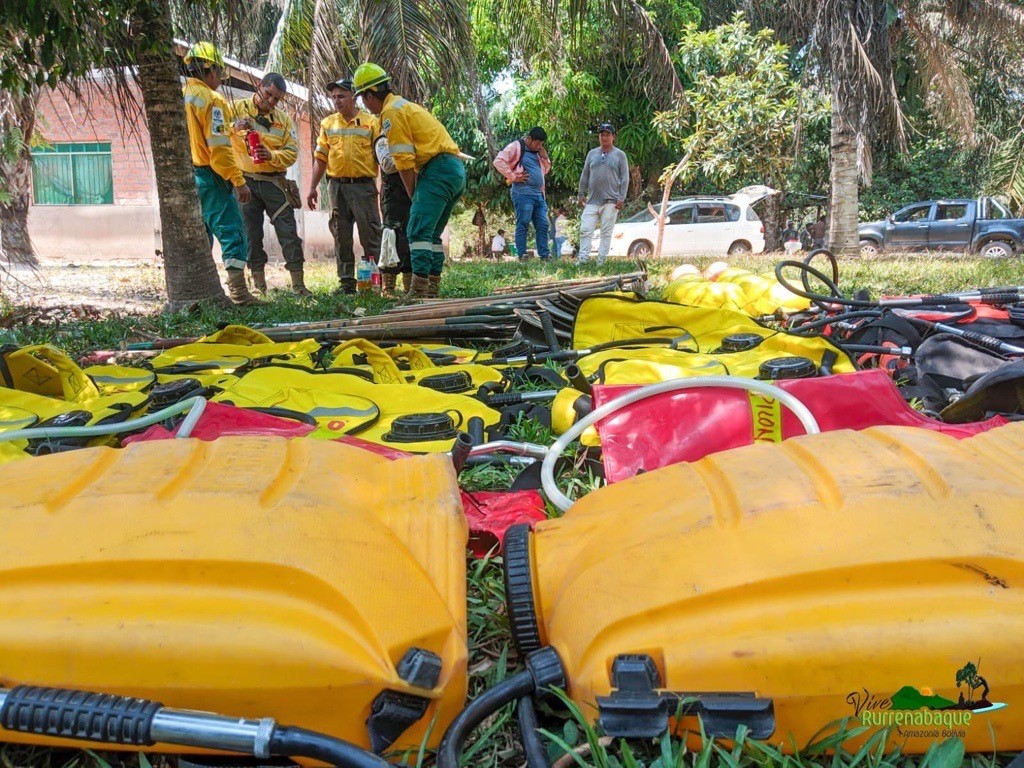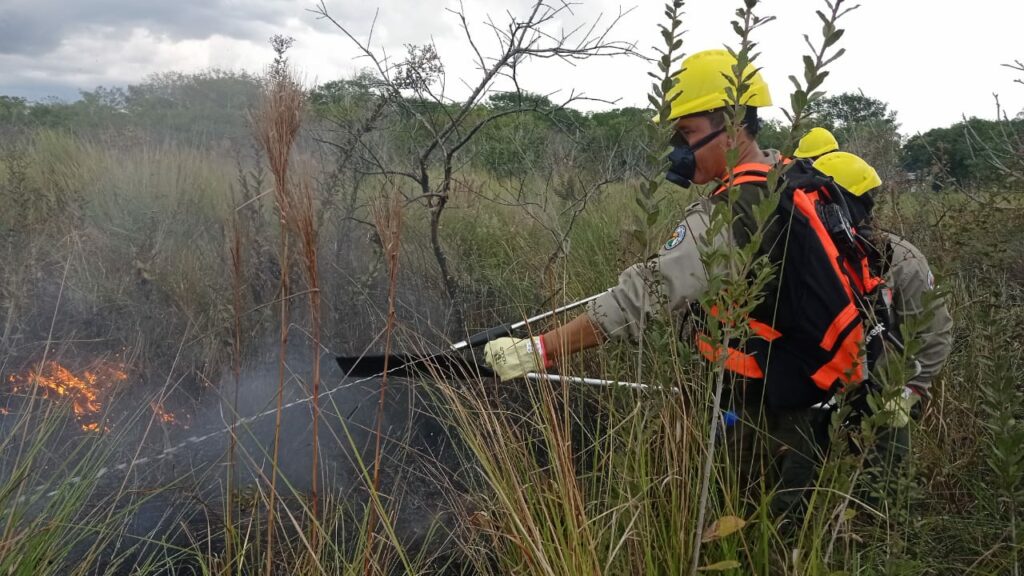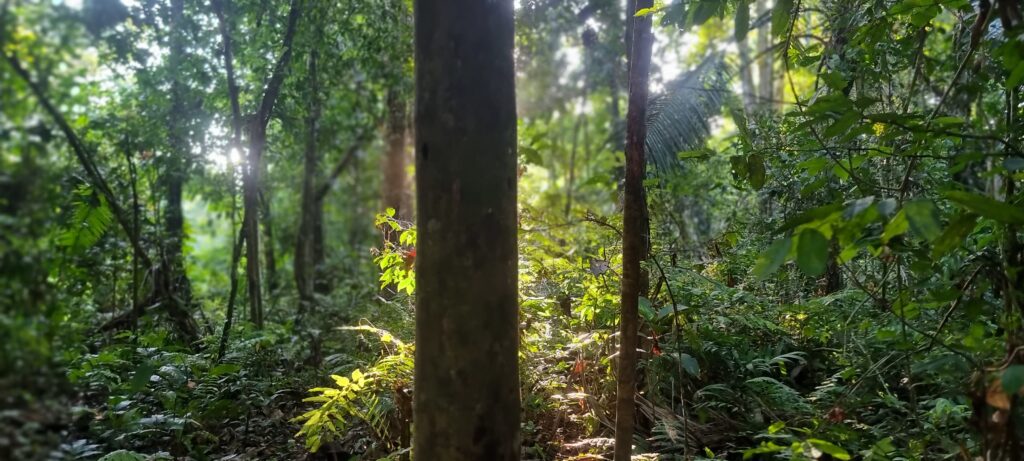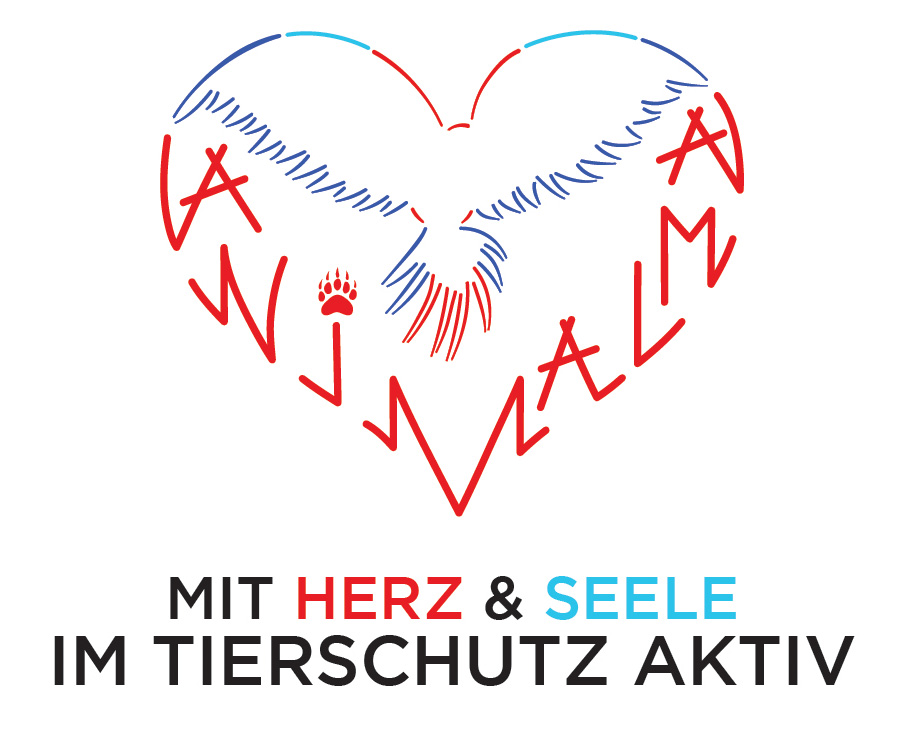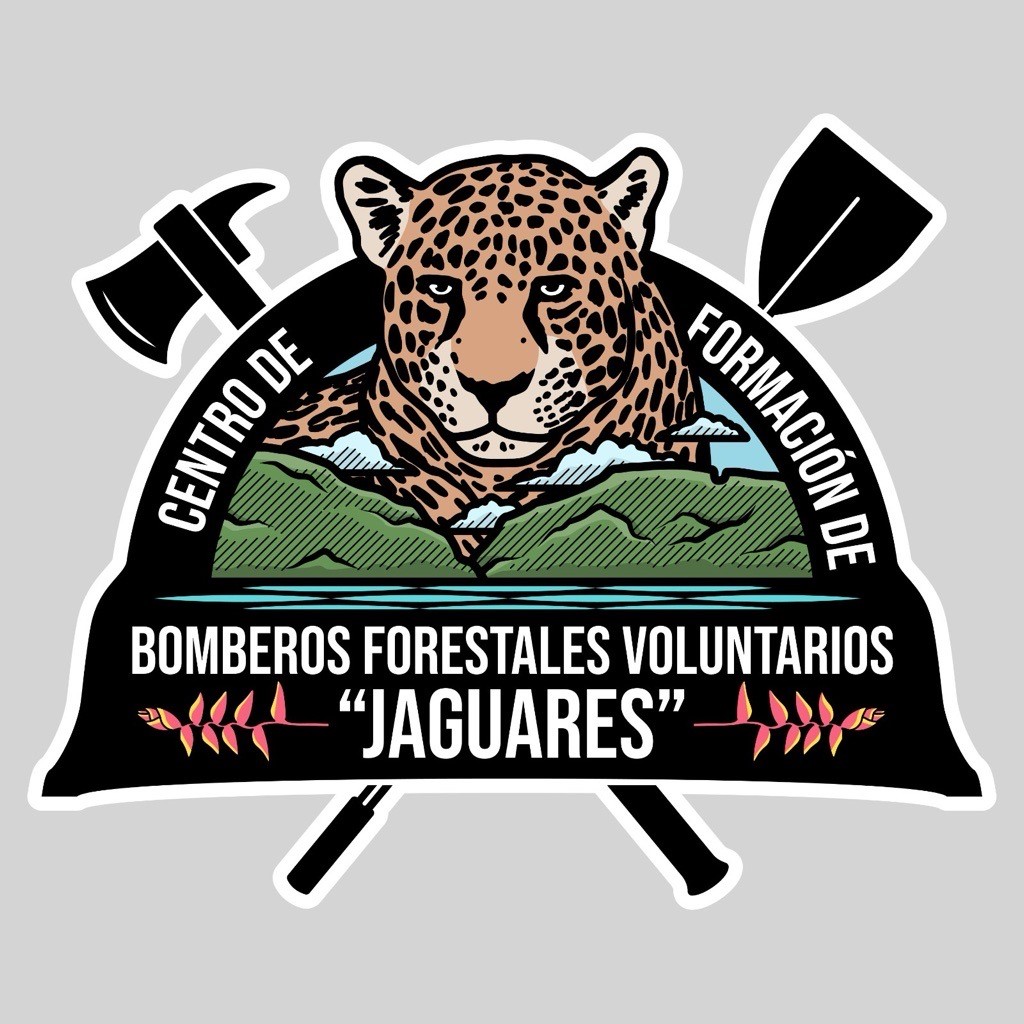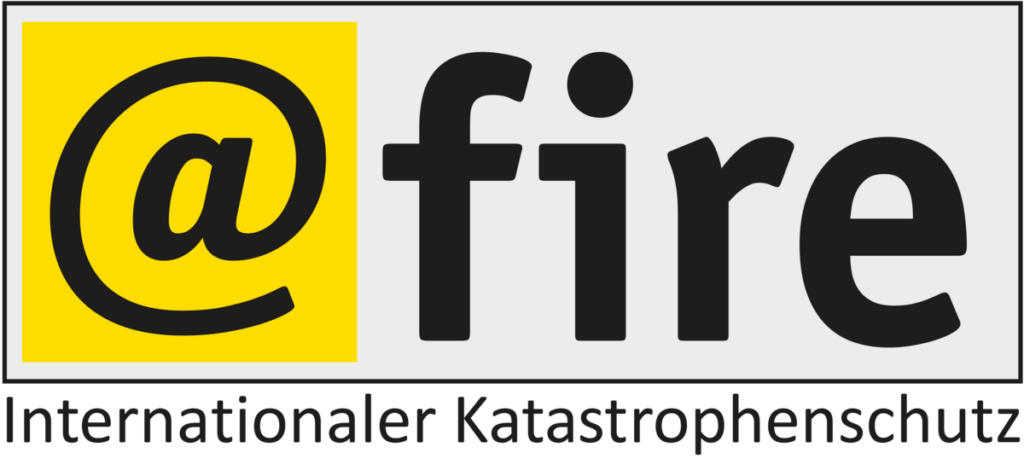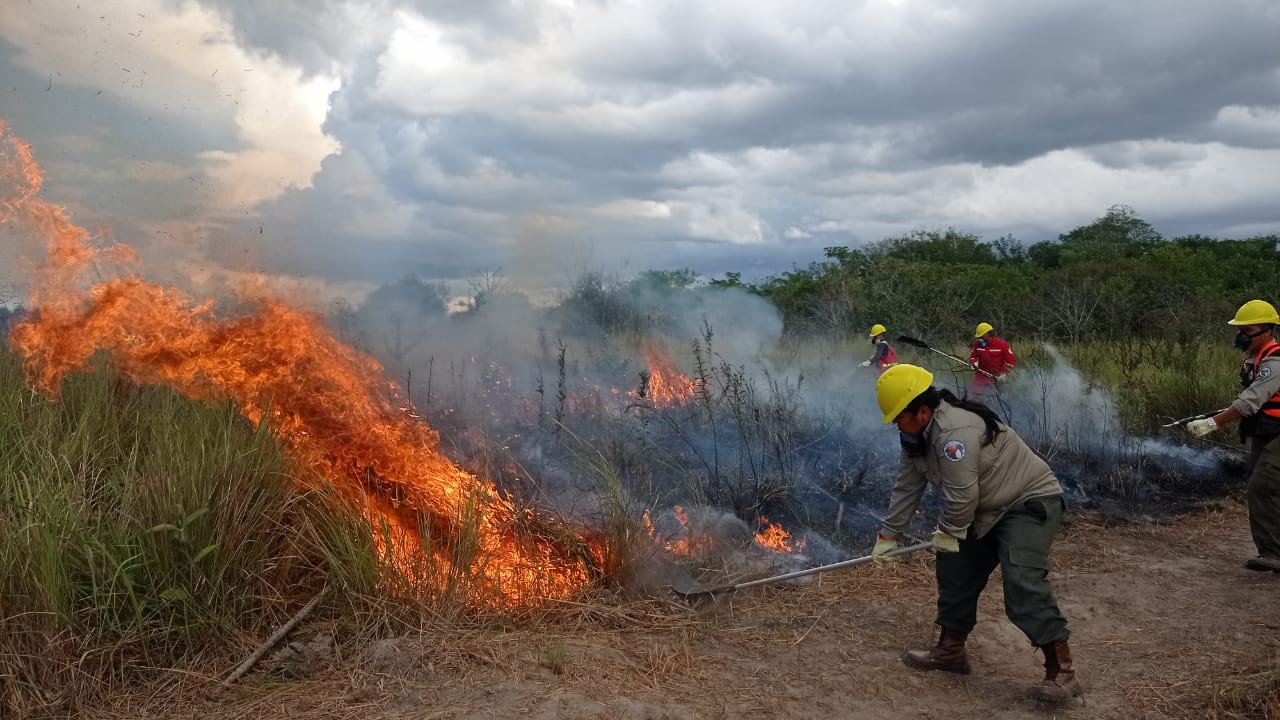
Forest firefighting training for rangers and volunteer firefighters in Bolivia – with the specialists from @fire Switzerland, supported by Animalma
Summary
In close cooperation with the non-profit aid organisation @fire Switzerland, Animalma is conducting three training courses for rangers from various nature reserves and volunteer firefighters in Bolivia for the first time in April / May 2025.
Over the course of two days, participants will be taught tactical knowledge and the effective use of tools for fighting forest fires in theoretical lessons and practical exercises.
The course will be held at three locations – all adjacent to different nature reserves – in the north of Bolivia and will also include the advanced training of instructors for sustainable knowledge transfer on site (teach the teacher).
This training and further education is of central importance for the conservation of Bolivia’s highly endangered biodiversity and is to be carried out regularly over the next 5-10 years with the support of funding foundations and patrons.
The aim of this project is to finance the first realisation of this important and sustainable project in 2025. The funding amount of CHF 13,355 includes all preparations on site, cost coverage for the approximately 60 participants as well as travels and accommodation for the experts from Switzerland.
Campaign updates
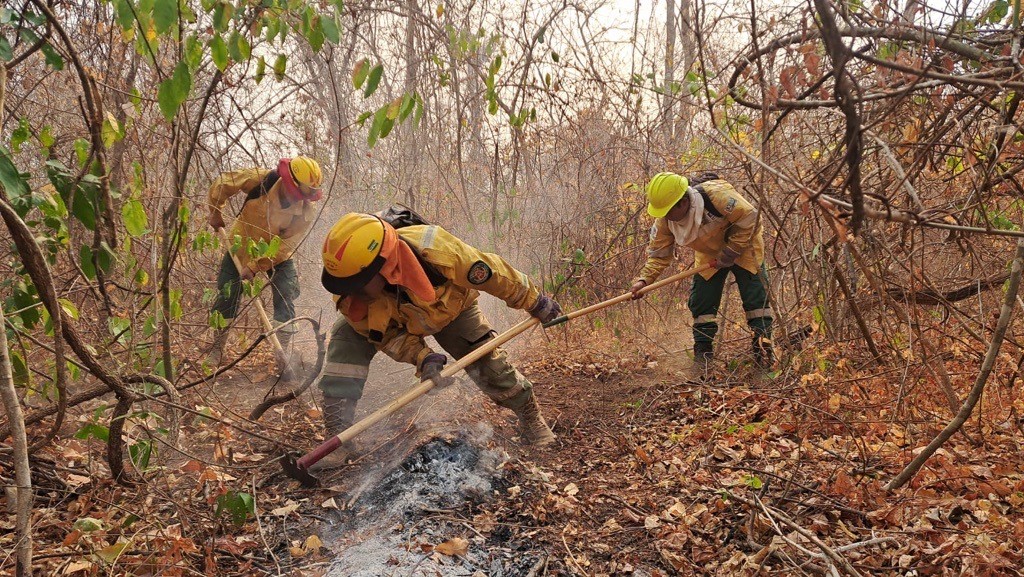
News “Fighting wildfires with knowledge”
As at the end of 2024, the funding total stands at CHF 7’045.- and preparations by @fire Switzerland and Animalma are in full swing.
Project content
Goals
Initial situation
The centre piece – knowledge transfer
The target group / participants
The mind – the trainers
The voices – in Bolivia & Switzerland
The budget
Goals
Organisation and implementation of three two-day courses for the basic training of rangers and volunteer firefighters in vegetation firefighting in April / May 2025.
To directly strengthen nature, animal and species conservation in Bolivia through this training by bringing fires under control more quickly and safely and implementing preventive measures.
Sub-objectives
- Optimisation of the existing course according to the latest findings in effective vegetation firefighting thanks to the expertise of @fire Switzerland
- The focus of the course is on the efficient use of available resources and possibilities on site and improves response time, safety and self-organisation in fire situations in and around nature reserves.
- Two to three people per location are trained as instructors to ensure sustainable knowledge transfer and efficient crisis organisation.
- Advice on the procurement of extinguishing and protection materials and, where possible, sponsoring / financing of equipment.
- Evaluation and further development of the course content according to the findings during the first implementation and especially after the first year of application by the participants.
- Offering the course over the next 5 – 10 years, possibly supplemented by sending @fire special forces to crisis areas.
The initial situation
Bolivia’s nature reserves, and therefore its biodiversity, are under severe pressure; agricultural zones are being continually expanded through deforestation and slash-and-burn agriculture, and the climate crisis is clearly noticeable on the South American continent through prolonged periods of drought and short, low-yield rainy seasons.
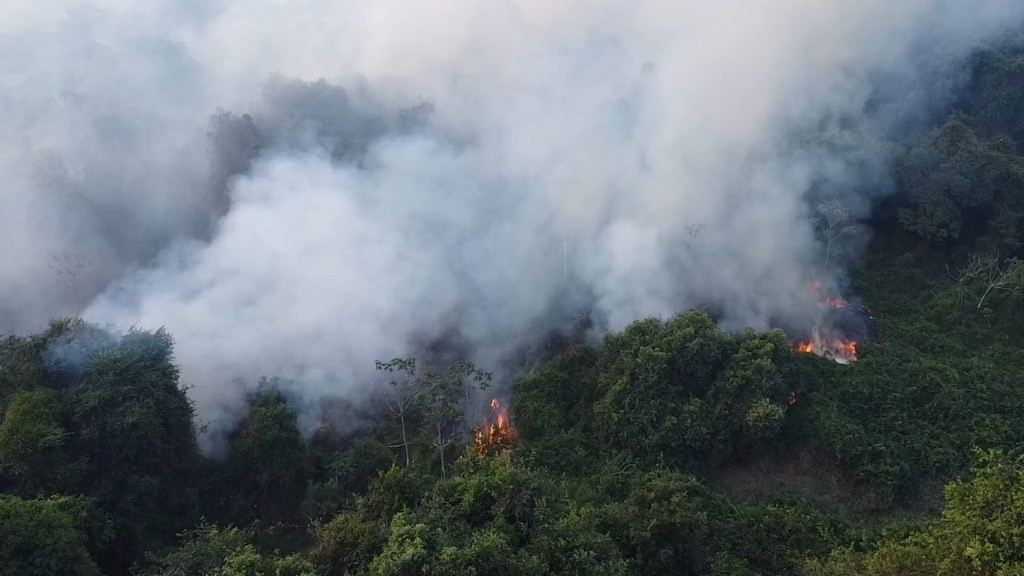
Large-scale fires – such as here in the UNESCO World Heritage Site Noel Kempff Mercado in 2024 – are to be combated more effectively and contained/prevented by means of preventive measures.
The rangers in these valuable protected areas have extensive knowledge and many years of experience in their field of work, but are under political pressure. In addition, they often lack the basic equipment, logistics and organisation to counteract fires quickly and efficiently.
The ‘Jaguares’ volunteer forest firefighter initiative was launched two years ago by Marcos Uzquiano and currently has around 60 members from the civilian population. Thanks to the support of Animalma, they have a central warehouse with fire-fighting and protection materials and basic knowledge of how to use them. Marcos Uzquiano is currently the only trainer and coordinator in the event of a crisis.
The association @fire has been training its members in cross-regional forest and vegetation firefighting for over 10 years and deploys special forces to natural disasters worldwide. Animalma has been active in Bolivia for 10 years and has been supporting the rangers and volunteers with donations in kind, sending relief teams to crisis areas and providing accident insurance and basic training in firefighting since 2021.
Now the time has come to unite the shared passion of @fire, the Jaguares and Animalma in fighting forest fires and thus preserving our nature. With the extraordinary expertise of @fire, the network of Animalma and the commitment of the Jaguares, we can generate a real and sustainable impact in Bolivia; for the rangers and volunteer firefighters, for the nature reserves, for the Amazon, for biodiversity and for the future of us all.
The centrepiece – knowledge transfer
The two-day course, which is held once each in Rurrenabaque, Ixiamas and San Borja, provides participants with theoretical lessons and practical exercises:
- Effective means and tactics for fighting vegetation fires
- Optimal use of available tools such as firefighting backpacks, extinguishing paddles, machetes, rakes and protective materials
- First aid and evacuation of casualties
- Operations management and crisis organisation
- Further topics such as optimal nutrition, camp locations and radio communication during operations in fire zones
At the end of the first day of the course, the specialists prepare and conduct the second part of the training together with the future instructors.
The target group
The rangers of the nature reserves
- Parque Nacional Madidi: from the snow-capped Andes to the tropical Amazon rainforest, it is home to one of the highest biodiversity levels in the world, covering 18,958 km2
- Pilon Lajas: borders the Madidi National Park and protects 4,000 km2 of highland jungle in the Yungas region and its indigenous peoples in particular
- Territorio Indigena y Parque Nacional Isiboro Sécure TIPNIS: is a national park and indigenous territory, its 13,721 km2 are at the centre of the conflict between expanding agriculture and the rights of Bolivia’s indigenous population
- Reserva de biosfera Estación Biológica del Beni (EBB): is located in the department of the same name, Beni, and protects important water sources and wetlands over 1,350 km2 and plays a central role in the ecological balance of this region.
We expect 3 – 5 rangers per conservation area to take part in the training programme. 2 to 3 of them will be trained to become instructors.
Moreover, we have also invited rangers from the east of the country and hope to cover their long trips to and from the course with this campaign.
The organisation of voluntary forest fire fighters ‘Jaguares’ was founded on the initiative of nature conservation activist and ranger Marcos Uzquiano. The 60 or so members are spread across three locations:
- Rurrenabaque / San Buenaventura: this is the headquarters of this volunteer organisation. They respond to fires around the Madidi Pilon Lajas protected areas.
- Ixiamas: a dedicated group of 20 volunteer firefighters led by women on the eastern edge of the Madidi National Park
- San Borja: centrally located in the Beni protected area, the volunteers from various villages support the rangers in monitoring fire hotspots and fighting wildfires
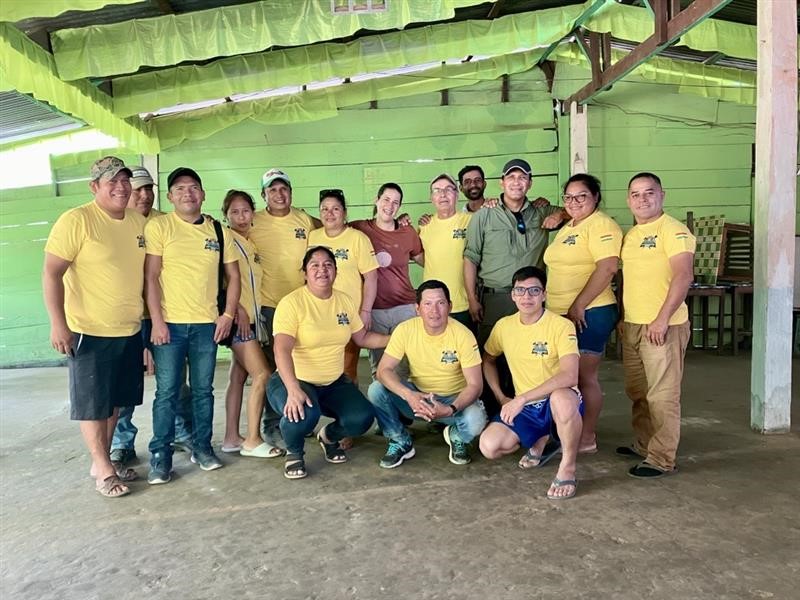
We expect 15 volunteers per location to take part in the training programme.
The participants’ travel to and from the course and their accommodation will be covered by this project. Costs for all 60 participants: CHF 6’045.-
The mind – the trainers
The specialists from Switzerland analyse the existing training content, the needs and specific circumstances in Bolivia and define the learning objectives and a specially tailored course schedule based on the available resources and opportunities.
They provide their expertise and time free of charge for this essential preparation in the planning phase and for the course implementation on site. The value of this personal contribution amounts to CHF 6,125. Their travelling expenses and accommodation in Bolivia are covered.
Costs for the deployment of the Swiss team: CHF 3’695.–
The voices – in Bolivia and Switzerland
Marcos Uzquiano organises the participants and provides the infrastructure at the training locations. He acts as a translator during the courses and supervises the entire programme. This important work and key role, without which this project would not be possible, is remunerated and is therefore included in the financing package.
Costs for his organisation and support: CHF 1’100.–
Sarah Fehr is the link between the Swiss team of experts and Bolivia during the preparations. She organises and manages the entire stay, provides support with translation and ensures the financing. She donates the entire preparation time to the project (value = CHF 900.-) – her travel expenses and accommodation are covered.
The budget 2024 / 2025
The total sum of CHF 13’355.- is made up of the following three main areas:
Financing the participants
Course participants incur costs for travelling to and from the training centre, their accommodation and meals during the course days. The coverage of these costs builds the basis to be able to realize the course.
| Description | Quantity | Price in CHF / unit | Total in CHF |
|---|---|---|---|
| Outward and return journey per participant from the North | 60 | 15.- / flat rate | 900.- |
| Outward and return journey per participant from the East | 8 | 275.- / flat rate | 2’200.- |
| Accomodation (2 nights) | 138 | 10.- / night | 2’720.- |
| Catering (drinks) | 150 | 1.50 / unit price | 225.- |
| Total | 6’045.- |
Local organisation & support
Marcos Uzquiano takes care of participant registrations, provides the infrastructure at the training locations, acts as a translator during the courses and supervises the entire assignment.
| Description | Quantity | Price in CHF / unit | Total in CHF |
|---|---|---|---|
| Ensuring participants & infrastructure | 20 | 25.- / hour | 500.- |
| Course support / translation | 6 | 100.- / day | 600.- |
| Total | 1’100.- |
Swiss specialist team
Daniel Aeschbach, Joel Schwendimann, Benjamin Altorfer and two more fire service specialists will be on site together with Sarah Fehr from Animalma. Their travelling expenses, accommodation and meals in Bolivia will be covered.
| Description | Quantity | Price in CHF / unit | Total in CHF |
|---|---|---|---|
| International flights | 5 | 3 flight sponsered by Airlink, only taxes apply 2 x 1’300.- / flight | 2’945.- |
| Domestic transfer to course locations | 5 | 150.- / flat rate | 750.- |
| Accomodation | 13 | 20.- / night | 1’300.- |
| Total | 4’995.- |
The total amount of CHF 13’355.- includes 10% reserve and will be financed via online campaign on animalma.org and at-fire.ch. Any surplus funds will be used to procure materials for the firefighters on site.
‘Animalma, @fire and the Jaguares in Bolivia are grateful for any support to realise this important project and ensure the foundation for a sustainable exchange of knowledge in firefighting.’
